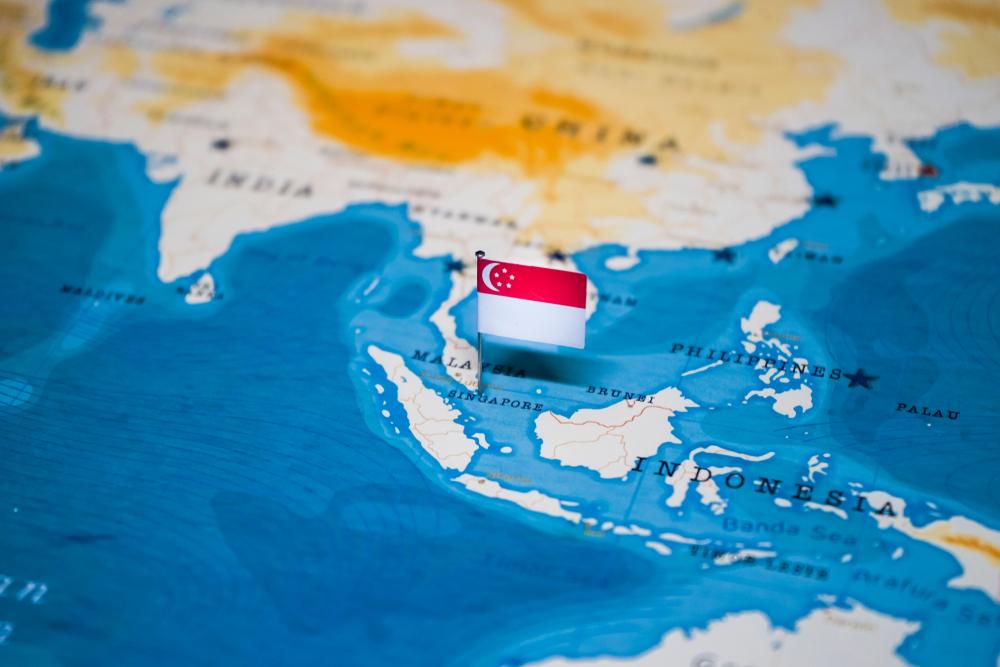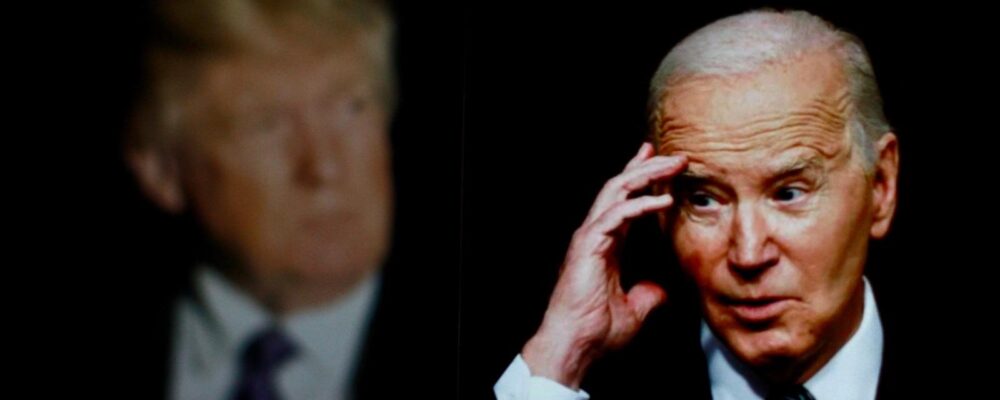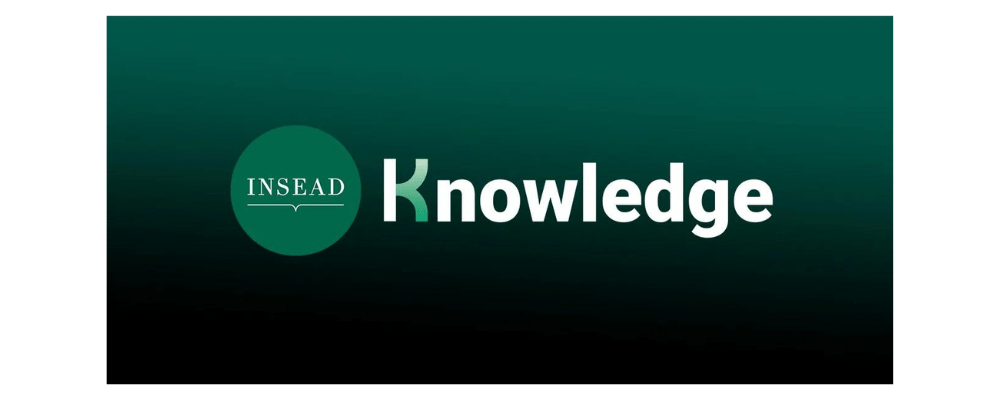Lawrence Wong, a US-trained economist, was sworn in as Singapore’s fourth Prime Minister yesterday. He has big shoes to fill. Under long-time former PM Lee Hsien Loong, Singapore became a bona fide growth miracle and is now one of the richest countries in the world. But Wong is also taking over at a time of heightened uncertainty. As a small and open economy, Singapore is uniquely vulnerable to global shocks like the Covid-19 pandemic and the subsequent spike in inflation.
Right now, the city-state is confronted with a deglobalising world, heightened geopolitical tensions and a no-holds-barred trade war between the US and China, two superpowers with whom it has close ties. So, what does the future hold?
Strong fundamentals
Before diving into issues and challenges facing Singapore, we should not lose sight of its key strengths. The first is strong institutions. These include a strong legal system, a predictable regulatory environment, political stability, intolerance of corruption, a long-term vision for the country, and a highly technocratic and skilled bureaucracy.
In addition, by virtue of its location and population composition, Singapore is a trading and logistics hub with close ties to China and India. All the above are the sources of its competitive advantage, and Wong inherits these fundamentals. At first glance, then, his challenges seem incremental rather than monumental.
Vulnerabilities of the economy
The Covid-19 crisis, however, was a cautionary tale of Singapore’s vulnerability. Its GDP slid by more than 5 percent in 2020 – more than the decline in the 2008 global financial crisis. But the country made a robust recovery, thanks to substantial fiscal packages amounting to S$72.3 billion across four budgets, effective use of reserves, and early vaccine deployment. Although prolonged lockdowns and border closures adversely affected tourism and caused emotional hardship for its sizeable foreign population, Singapore was one of the few countries that managed to safeguard both lives and livelihoods.
Post-Covid, the most pressing concern for Singapore is geopolitical risk, particularly the escalating trade tensions between China and the US, Singapore’s two largest trading partners. US President Joe Biden has fired the latest salvo by increasing tariffs on electric vehicles, solar panels and semiconductors. Expect Chinese retaliatory tariffs soon.
The challenge for Singapore is twofold. First, China is the country’s biggest trading partner while the US is its biggest investor. American firms employ over 200,000 people in Singapore. On the other hand, Chinese family offices and billionaires have flocked to Singapore since Chinese President Xi Jinping’s crackdown on the tech sector.
Second, 76 percent of Singaporeans are ethnic Chinese and many have ties to China. According to a new Gallup poll on support for the US vs. China around the world, Singapore is “weakly aligned” with China. However, its security ties are stronger with the US.
This calls for a delicate balancing act; Singapore will have to juggle not just two superpowers but also manage the tension between top-level security ties to the US and people-to-people ties with China.
Nevertheless, Singapore is well-positioned to act as a bridge between the US and China due to its strong ties and insights into both nations. This balancing act is crucial for Wong, who has to rise to the impossibly high standards set by Lee Hsien Loong and the late Lee Kuan Yew, Singapore’s first Prime Minister, in foreign relations.
Trade dependence and diversification
In trade, Singapore’s life blood, there are two significant trends. First, the complexity of Singapore’s exports has increased, making them more vulnerable to supply chain disruptions. Second, trade diversification has broadened the range of exported products, thereby enhancing resilience. Services trade, mainly financial and transport services, now play a vital role in the economy. Goods exports are valued at US$600 billion, while service exports have grown to US$400 billion.
However, services exports will be hit if there is a full-fledged conflict between China and the US over Taiwan, or if the US weaponises the US dollar, or deploys sanctions as it did against Russia.
A second way to resilience is to rely more on domestic consumption and less on exports. While China is the poster child of high savings and low consumption (private consumption as a share of GDP is 38 percent), Singapore consumes even less at 32 percent. Worth noting then that government spending, especially on social transfers, has accelerated, and will likely increase over time.
Wealth inequality and its social consequences
Like all rich countries, Singapore has and will struggle in balancing growth and equality. Yes, the Gini coefficient, a measure of income inequality, has declined. But dig deeper and you’ll see that wealth inequality has increased dramatically. The top 1 percent of the population now holds 30 percent of the wealth, up from 25 percent in 2010.
Rising inflation, especially in housing, food, transport and utilities, has hit ordinary Singaporeans hard. Although median wages have risen in real terms, the rising prices of basic items like food tend to hit poorer households the hardest.
The influx of high-net-worth individuals and family offices from China, following the security crackdown in Hong Kong, has accelerated this wealth inequality. While their presence hasn’t significantly impacted property prices – except in very high-end properties – it has contributed to social envy and resentment over the high cost of living.
Wong’s ruling People’s Action Party (PAP), which has been in power since Singapore’s independence in 1965, is aware of the potential political impact of inflation. Inflation has made the leaders of countries in Europe, South America, US and India vulnerable. Singapore could be a rare exception, but inflation is hated so widely that the PAP has cause to be nervous.
The next generation of PAP leaders led by Wong may thus usher in significant changes, not just in policies but the process by which policies are adopted and justified. They are more attuned to the people’s hopes and aspirations and less focused on growing income and standards of living at all costs. They are also more open to feedback, more accepting of a vibrant opposition, and even more comfortable with dissent.
Ageing population and workforce
Singapore faces demographic challenges with one of the world’s lowest total fertility rates. The ageing population presents a slow-burning problem, increasing the fiscal burden on social safety nets and healthcare. To maintain fiscal sustainability, Singapore must consider tough choices, including potential wealth, dividend or capital gains taxes. Already, the government has increased the goods and services tax – which is regressive in nature – by two percentage points over two years, to 9 percent presently.
Inflation in healthcare costs is outpacing general inflation and underscores the need for sustainable solutions. Choices are stark: either accept rationing like in the United Kingdom, unequal access like in the US, or increase taxes and/or immigration to alleviate the fiscal burden. Despite robust healthcare schemes such as MediSave, MediShield Life and MediFund, Singapore’s middle class may struggle with recurring and preventative medical costs. Addressing these demographic and healthcare challenges will be crucial for Singapore’s long-term stability.
The AI impetus
Singapore is ahead of the curve in artificial intelligence (AI) development, having earmarked S$1 billion to be invested in the sector over the next four years. The National AI Strategy is aimed at buiding a comprehensive ecosystem through developing infrastructure, training talent and fostering research and innovation. Major investments, such as Amazon Web Services’ US$9 billion cloud investment, support this strategy. Creative initiatives include dedicated AI spaces for creators, AI Centres of Excellence, a dedicated LLM (large language model) tool within the government, and other AI tools that classifies and facilitates feedback.
However, lacking scale, Singapore faces competition from neighbouring countries including Malaysia and Indonesia, along with India’s push for semiconductor fabrication. Singapore will be better placed focusing on the application part of the AI value chain. Still, it also lacks renewable energy resources to meet the needs of the energy-intensive AI value chain. As a result, companies conscious of their carbon footprint may choose other locations.
Over the past 65 years, Singapore has defied doubters to become the “impossible nation,” overachieving against formidable odds. To continue that trajectory, it will have to navigate geopolitical tensions, diversify trade, leverage AI, address wealth inequality and manage an ageing population. At his inauguration yesterday, Wong acknowledged the challenges ahead and promised “to think boldly and to think far”. Singapore will need nothing less for its future success.
“INSEAD, a contraction of “Institut Européen d’Administration des Affaires” is a non-profit graduate-only business school that maintains campuses in Europe, Asia, the Middle East, and North America.”
Please visit the firm link to site






